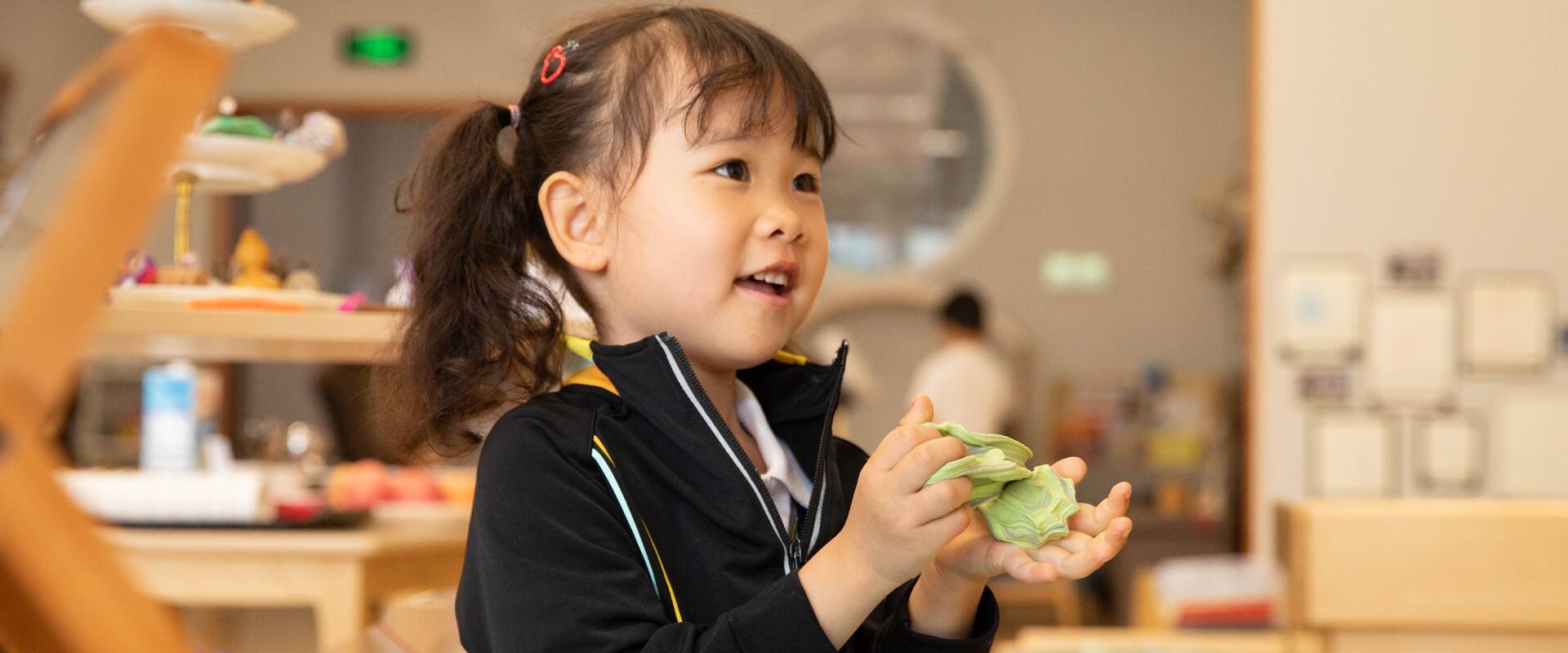
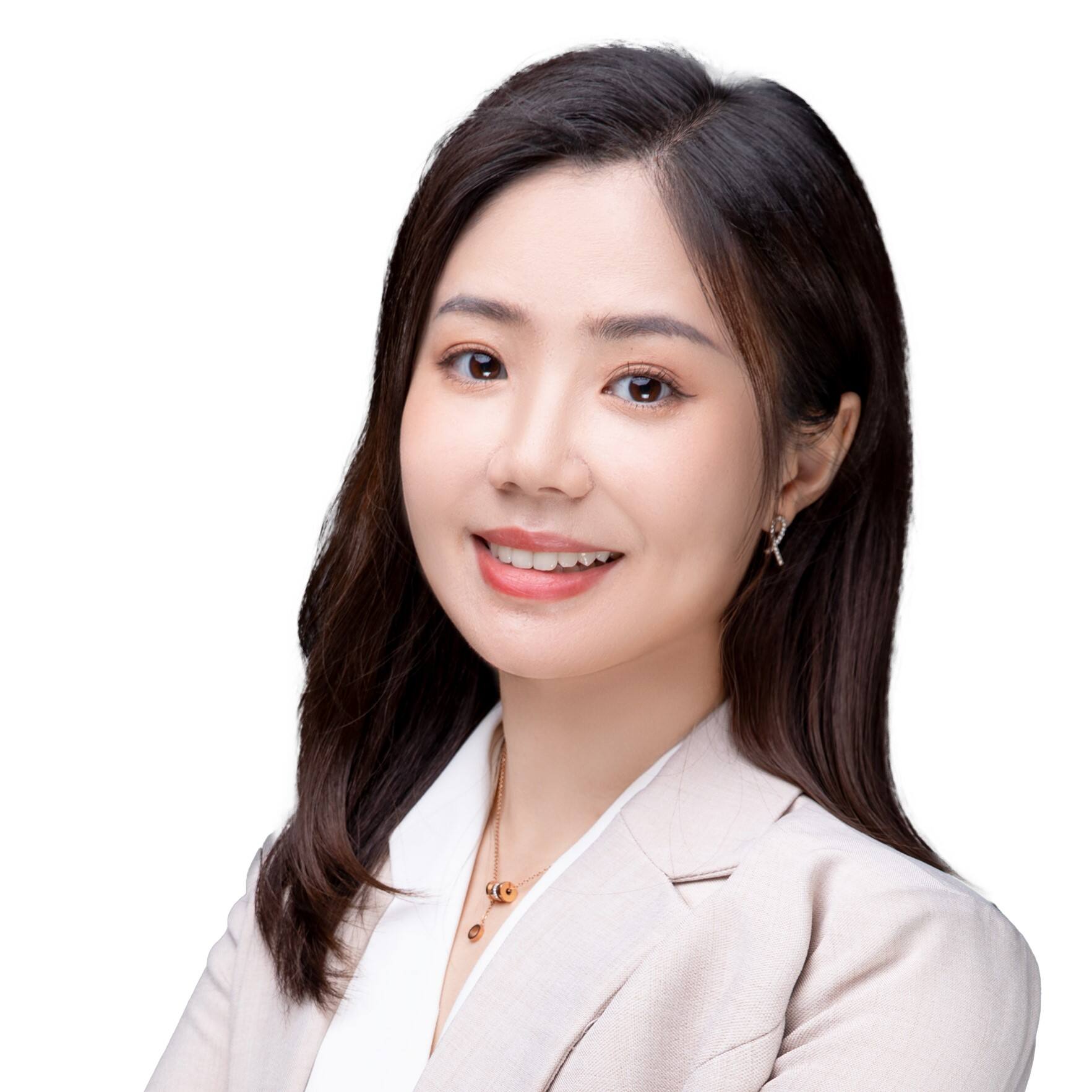
Ms Jenny, Assistant Head of Huili Nursery Hangzhou, holds a bachelor's degree from Sun Yat-Sen University in China and a Master of Education in Curriculum and Instruction from the University of Maryland in the United States.
Ms Jenny has worked at two bilingual schools in San Francisco and New York City in the USA for seven years. In 2019, as the Associate Division Head in Early Year Division, she joined a bilingual school in Shenzhen, China, as one of the founding leaders.
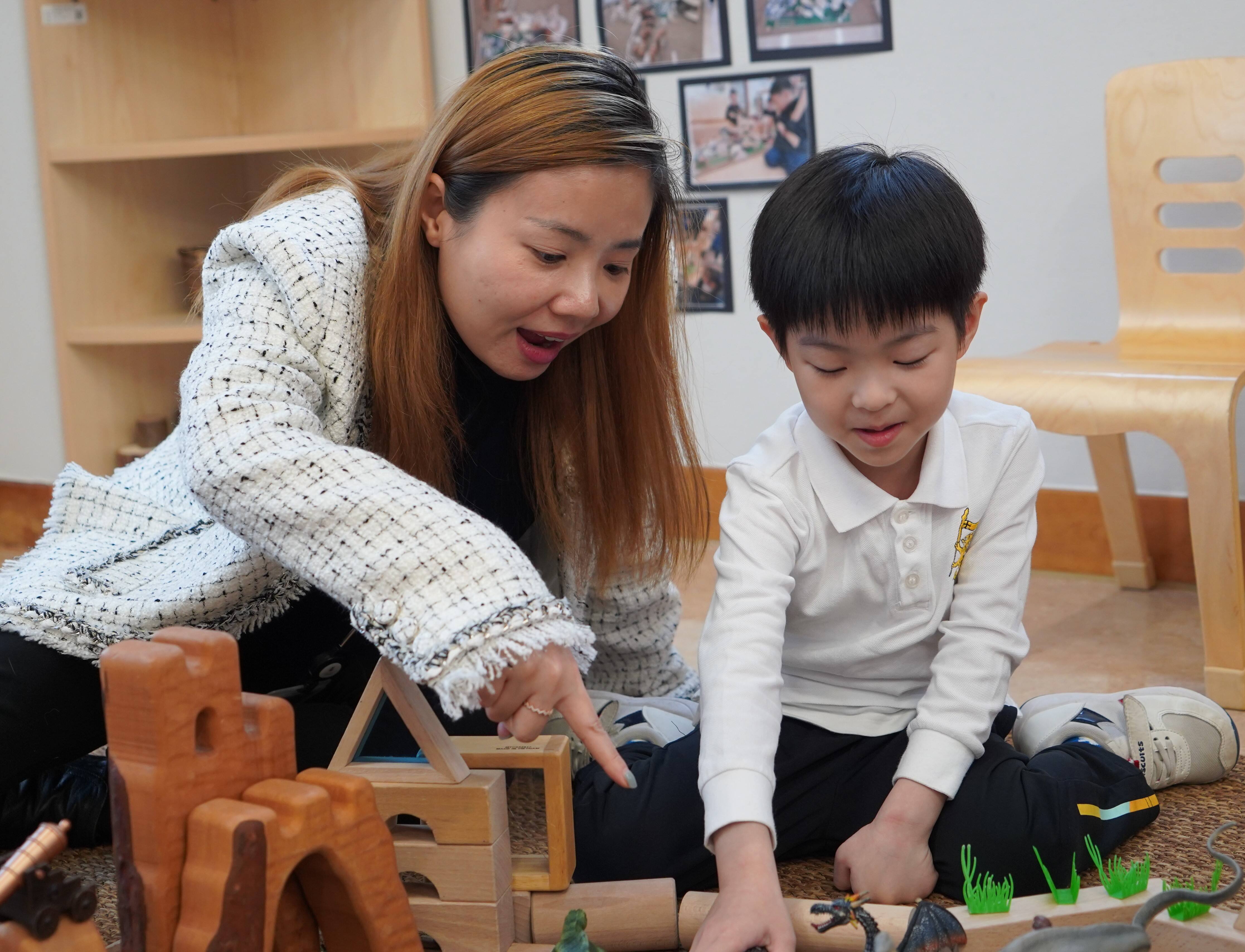
Why did you choose education as your career?
It was a complete coincidence for me to choose education as my career. When I was little, being a teacher never sounded appealing to me. Part of the reason was that my mother used to be a geology teacher. She always seized every opportunity to teach me something new about geology. For example, introducing questions to me such as; how are limestones different to that granite. It was certainly not the most interesting question for a 4-year-old child; as a result, my initial impression of being a teacher involved nothing but boring facts about random things. However, this is something that I have since learned to value and appreciate the most about education and, more so, early years education – the power that questioning can bring into the environment and our children’s learning experiences.
I still vividly recall one of my first memories as a nursery child at 4. At that time, I had just moved from Guiyang to Guangzhou with my family and joined a local nursery in the middle of a school year when I met my EY3 teacher, Ms Qianqian. Being exposed to a new environment where most of the children spoke only Cantonese, I felt quite anxious and was intimidated by this very different language everyone spoke around me. Ms Qianqian showed an understanding and awareness of my anxiety from the first day, and so began a very supportive transition and settling in process. She ensured that I continued building on my mandarin whilst at the same began introducing me to Cantonese. In addition, she would always sit down next to me during lunch and snack time to check-in. From observation, she quickly found out that I liked music a lot, so she planned enjoyable music activities to encourage me to become a more active participant in the classroom and, at the same time, inspired me to want to learn Cantonese.
I still think of Ms Qianqian now that I have become an early year’s educator myself. Even though it was a completely different school setting 30 years ago, I think the core educational belief remains the same: to see every child as an individual and determine what motivates their high levels of wellbeing and, as importantly, know their passions and interests are.
I feel honoured and proud to say that I have now found a nursery that shares my values, a vision for excellent early years education, and celebrating the child in all they do - Huili Nursery Hangzhou.
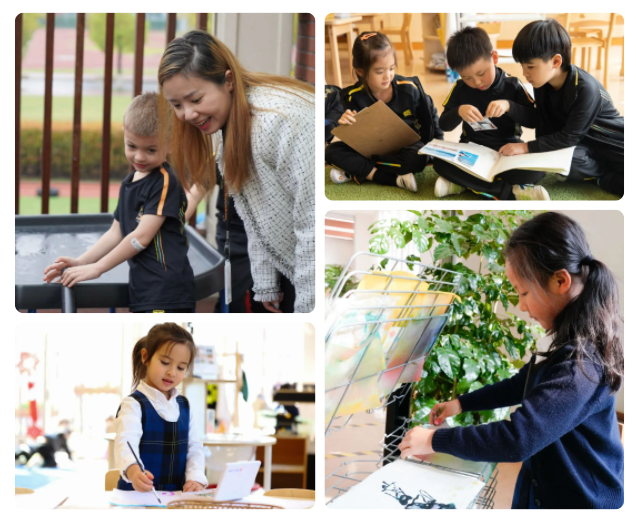
What does bilingual education mean to you?
In my opinion, excellent bilingual education means so much more than simply teaching children two different languages. For example, I learned English by memorising different grammatical rules and tenses. Yet, after almost ten years of learning, I still found it extremely difficult to communicate with native speakers when I first moved to the US. Now that I became a bilingual educator, I clearly understand what caused my struggle back then——there was no meaning behind my learning. For example, I didn’t understand why I had to memorise "see, saw, seen"; hence there was no motivation.
That’s the opposite of what we do at Huili Nursery Hangzhou. Instead, children take charge of their learning. By setting up well-thought-out provocations, children are encouraged to observe, investigate, ask questions, and express their feelings and ideas in Chinese and English.
Recently I saw a group of children working on a "tree project" because they wanted to plant a real tree on our playground. To achieve this goal, some of them chose to talk to Mr Conrad to get his approval; some were busy researching what kind of trees could survive in Hangzhou weather; others were conducting interviews with people around the campus to gather more feedback. Language, communication and literacy skills are all being practised and strengthened through one project, a project that was initiated and led by children. Moreover, deeper learning continues with teachers skillfully responding to children’s findings and seizing every teachable moment to prompt them to practice new vocabulary, concepts, and skills. Children naturally acquire both languages simultaneously within such a fun, inspiring, yet challenging learning environment.
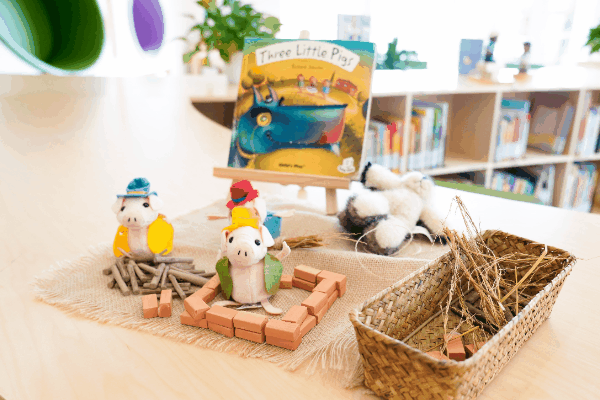
What’s your first impression of Huili Nursery Hangzhou?
I still vividly remember my first visit to Huili Nursery Hangzhou. It was a beautiful autumn day in November. Head of Early Years Mr Conrad offered to give me a campus tour. The minute I walked into the building, I could hear music playing, birds singing in the background and the sense of purpose all around me. When I saw the atelier in the form of me, I could immediately see children independently leading their learning. They were freely creating their "masterpieces" while listening to classical music on the piano.
I was blown away, and I wanted to see more, hear more, experience more and learn more immediately.
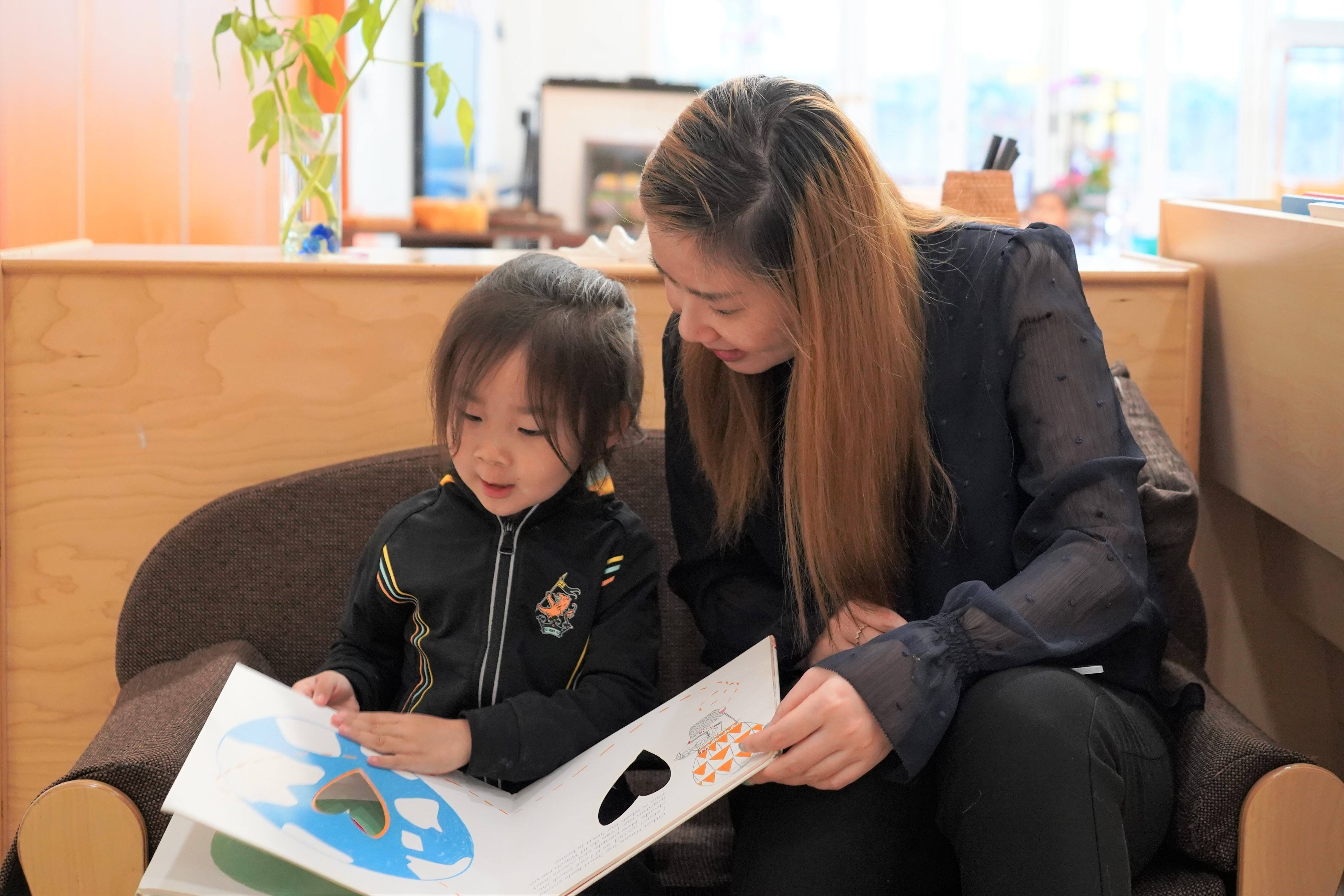
What are your hopes and dreams at Huili Nursery Hangzhou as a new team member?
One of the highlights, since I joined Huili Nursery Hangzhou is the Chinese New Year celebration. Not only that I witness high levels of wellbeing and involvement in our children, strong support from faculty and parent community, but more importantly, this showed a deep understanding and respect of our Chinese identity, which I believe is essential in the journey of raising a bilingual child here in Hangzhou and China. Having a solid foundation in Chinese will ensure our children move mountains on their way to becoming true global citizens who can live or work anywhere around the world while bringing their culture, traditions, values and language wherever they may find themselves in 15-20 years from now.
In the past few weeks, I had the privilege of reading stories in Chinese with some of our youngest children in EY1, protecting the EY2 flower and plant boxes from the very hungry goats in EY2, searching for worms in the outdoor learning environment after the heavy rain with EY3; and wrote fairy tales with a group of children in EY4.
I deeply cherish these moments and am looking forward to growing with the children as they continue their incredible journey at Huili Nursery Hangzhou.